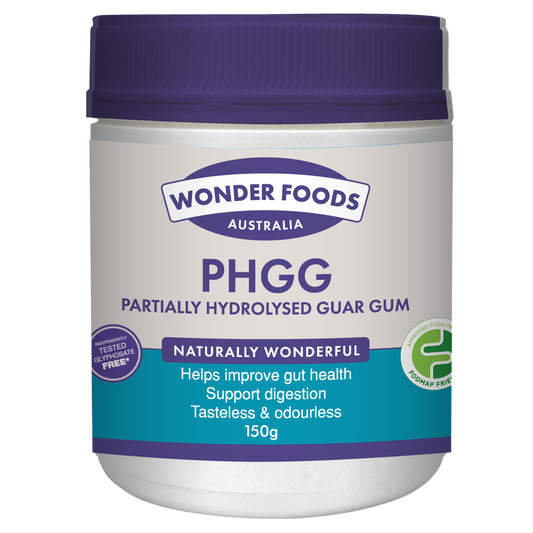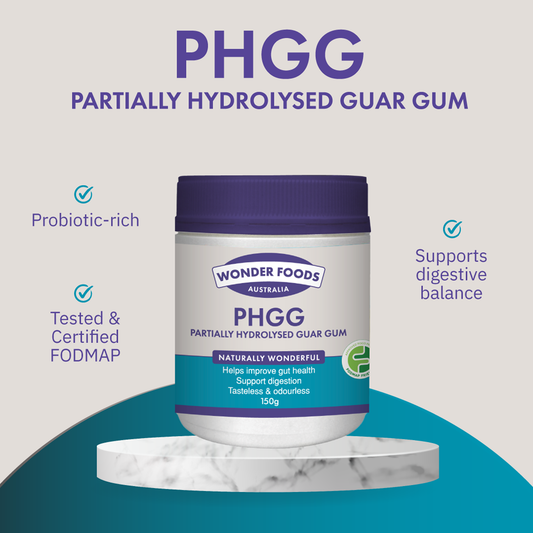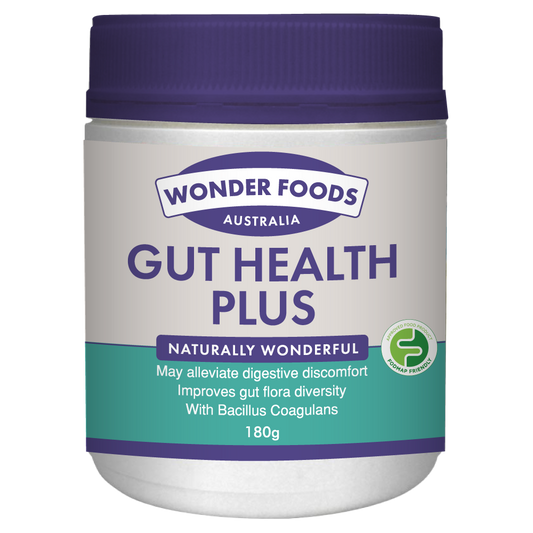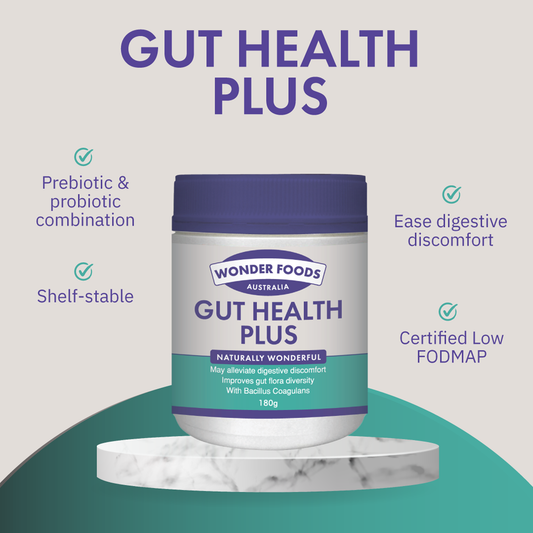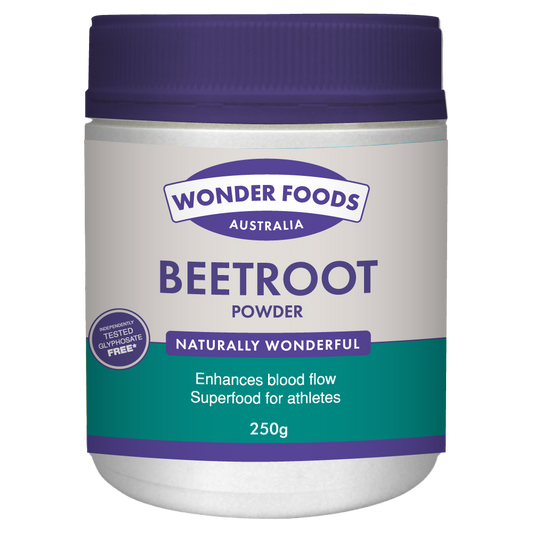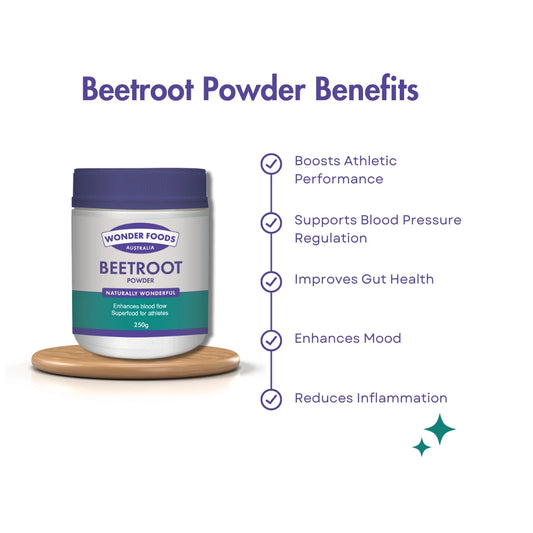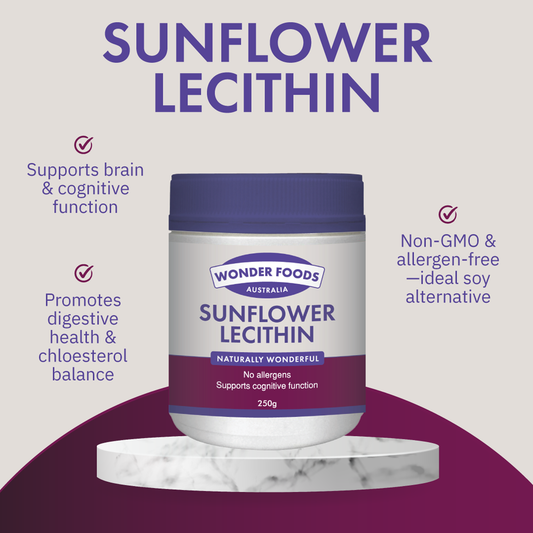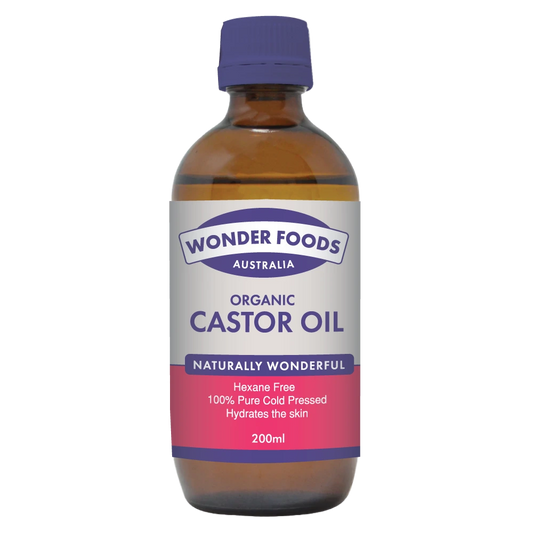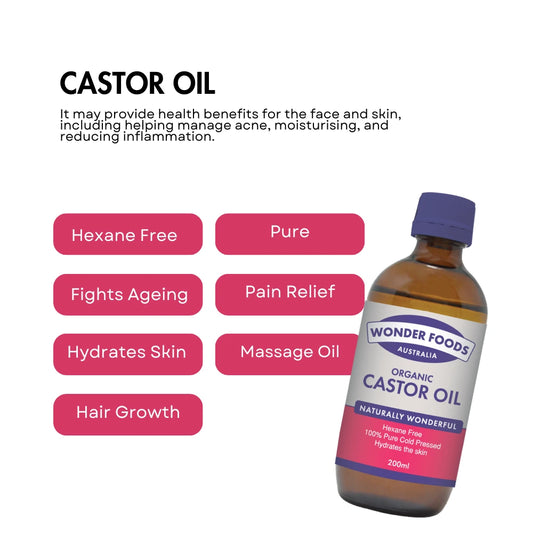
Erectile Dysfunction (ED) - Everything you Need to Know
What is Erectile Dysfunction?
Erectile dysfunction (ED) is a common and complex condition that primarily affects men over the age of 40, with its occurrence rising worldwide.
It is defined by the persistent or frequent inability to achieve and sustain an erection adequate for satisfactory sexual activity.
Age is a main risk factor for ED. High blood pressure is another.
According to some estimates, males have a 40% chance of having some form of ED by their 40s.
The risk then increases about 10% per decade.
While people are more likely to develop ED as they get older, aging does not directly cause it.
What Erectile Dysfunction looks like?
Symptoms of ED include:
- Erections that are too soft for sex.
- Erections that are don't last long enough for sex.
- An inability to get an erection.
What is the main cause of Erectile Dysfunction?
Erectile Dysfunction is typically caused by stress, fatigue, or excessive alcohol consumption and may not be a cause for concern.
It can also occur as a side effect of certain medications.
However, if ED happens frequently, it could be linked to underlying health conditions like high blood pressure, lipid abnormalities, heart disease, diabetes and obesity.
In fact, according to this study:
ED is a frequent complication of Heart Failure, as well as a possible predictor of cardiovascular events and mortality.
Please take your ED seriously.
Can Men get UTIs?
Unfortunately, in certain situations, frequent urination, urinary incontinence, and other lower urinary tract infections (UTI) can impact sexual health and potentially contribute to erectile dysfunction (ED).
However, ED does not directly lead to frequent urination, and frequent urination does not cause ED.
Can you get hard if you have Erectile Dysfunction?
Men with ED can still achieve erections and experience orgasms.
However, it may not happen as often or as easily as it did before.
How does Erectile Dysfunction occur?
Previously, ED was thought to be primarily due to psychological issues.
However, it's now understood that, for most men, it is typically caused by physical problems, often linked to the blood flow to the penis.
Significant progress has been made in both the diagnosis and treatment of ED.
Can Erectile Dysfunction be cured?
Erectile Dysfunction is not something you have to simply accept.
Nearly all cases can be treated, and doing so can significantly enhance both physical and emotional well-being, while also fostering improved intimacy between partners.
According to this study:
Nitric oxide (NO) is known as the key factor involved in initiating and maintaining an erection.
Eating foods high in natural nitrates can improve the body's ability to increase it's nitric oxide production.
Can Nitrates affect Erectile Dysfunction?
Yes, your body converts nitrates into nitric oxide, a gas that is naturally produced and may help prevent erectile dysfunction (ED).
Beetroot powder is rich in nitrates, which your body converts into nitric oxide.
This naturally occurring gas may help prevent erectile dysfunction (ED).
Research has shown that nitric oxide acts as a vasodilator, opening up blood vessels and helping to maintain pressure in the corpus cavernosum, a sponge-like erectile tissue rich in blood vessels.
When an erection occurs, signals from the brain and nerves cause the corpus cavernosum to relax and fill with blood, which gets trapped and leads to an erection.

How can I regain a stronger erection?
Lifestyle tips for achieving a harder erection:
- Communicate openly with your partner about your sexual health.
- Increase the amount of natural nitrates you eat.
- Engage in regular physical activity.
- Follow a healthy, balanced diet.
- Ensure you're getting sufficient sleep.
- Keep an eye on your testosterone levels.
- Reduce, or eliminate, tobacco and alcohol consumption.
- Ensure you have good gut health.
- Manage your stress effectively.
- Work on strengthening your pelvic floor muscles.
Disclaimer
The information provided in this blog post is intended for general knowledge and educational purposes only.


